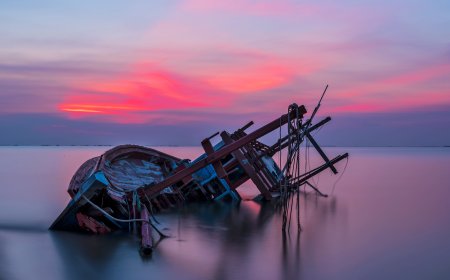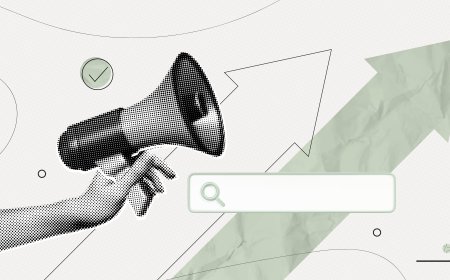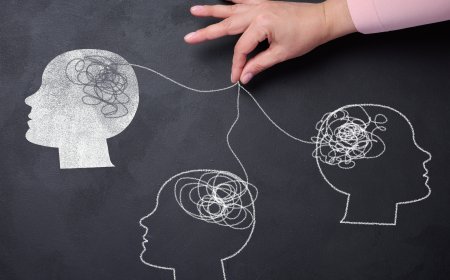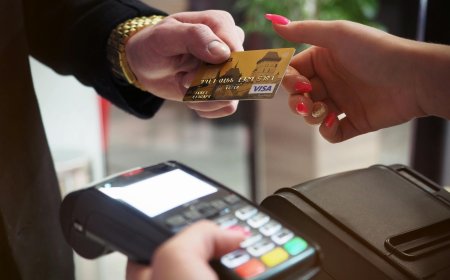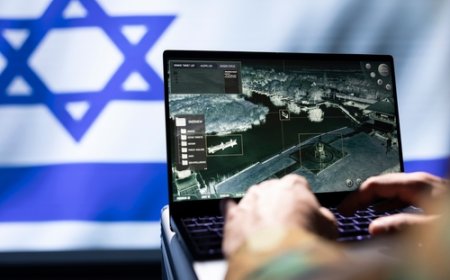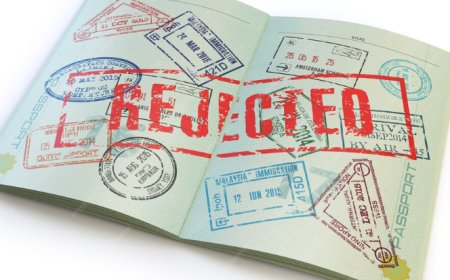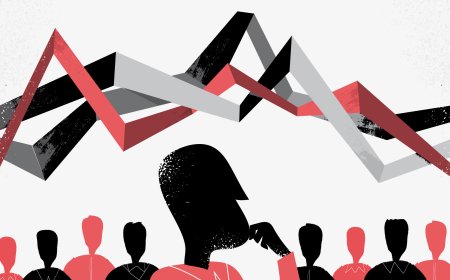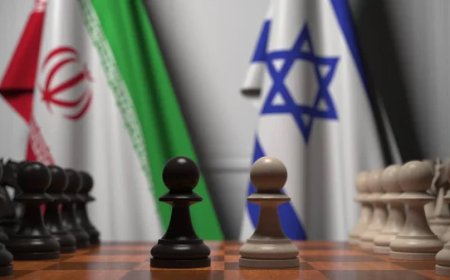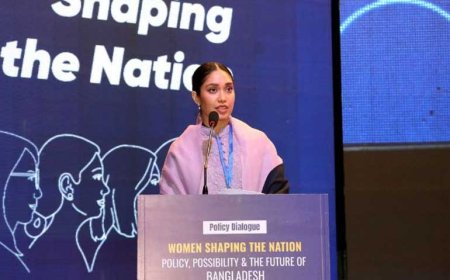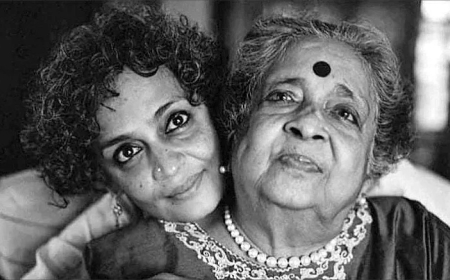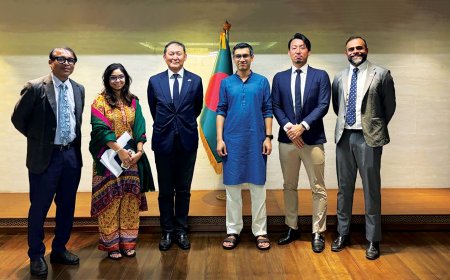The Ibrahim Traoré Experiment
Can Burkina Faso reshape Africa’s politics and provide the blueprint to chart a new future for the continent?
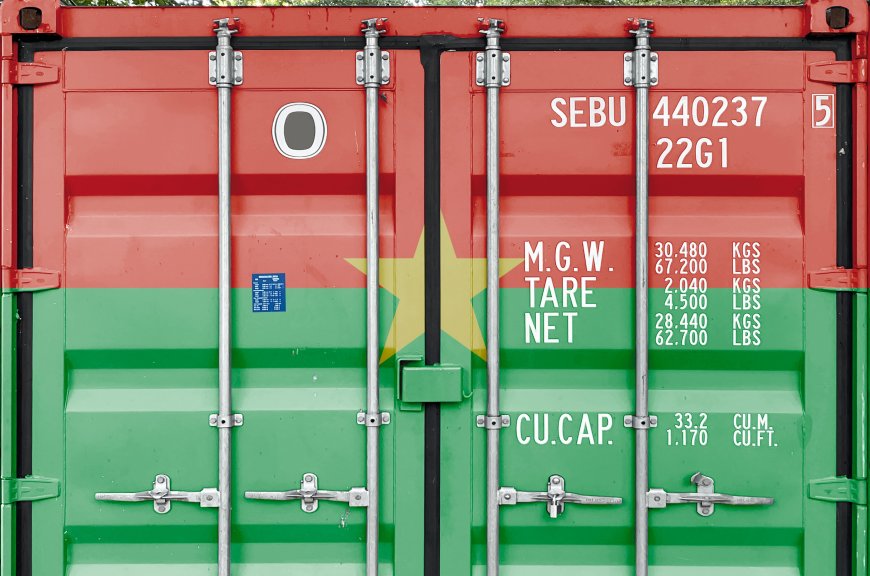
When Captain Ibrahim Traoré seized power in Burkina Faso in 2022, he did more than topple a government; he challenged the architecture of African politics. At 37, Africa’s youngest leader embodies a generational shift in a country where the median age is below 18.
His promise of economic sovereignty from Western imperialism, especially France, has electrified citizens weary of dependency and disillusioned with “Western-style democracy.”
His rhetoric resonates with urban youth and rural communities alike, who view his stance as a break from post-colonial dependency and a pledge to reclaim national resources for public benefit.
Yet his rise also exposes a central paradox in contemporary African leadership: assertive nationalist rhetoric paired with worsening insecurity and shrinking liberties.
Traoré’s path to power was forged in student activism and consolidated through military experience. As a geology student at the University of Ouagadougou, he joined the Marxist student union ANEB, an arena of ideological formation that privileged organizational discipline and critique of elite liberal reform.
His military trajectory included training in Morocco, deployments in northern Burkina Faso, and service in UN peacekeeping missions in Mali.
These experiences exposed the limits of externally driven stabilization and the fragility of states under jihadist pressure. The takeaway for Traoré was straightforward: sovereignty and regional solidarity must be built institutionally, not outsourced to foreign guarantors.
Foreign policy has been the most visible arena of defiance. Traoré expelled French troops within months of taking office and helped launch the Alliance of Sahel States with Mali and Niger. The bloc’s stated aims include facilitating free movement and streamlining trade among neighbors that share insurgent threats and economic vulnerability. The signal is unambiguous: the Sahel intends to coordinate security and development on its own terms.
He has cultivated ties with Russia and Türkiye, reorienting Burkina Faso’s alliances away from the West. At the 2023 Russia-Africa summit, he urged African leaders “to stop acting like puppets whenever the imperialists pulled the strings.” French President Emmanuel Macron bristled, insisting former colonies should be “grateful” for France’s military presence.
The clash symbolized a deeper shift: Burkina Faso positioning itself as a vanguard of anti-neocolonial politics in the Sahel.
Economic nationalism has moved from discourse to policy implementation. Traoré’s government transferred five gold mining assets from foreign companies to a state-owned firm, raised Burkina Faso’s equity stake in all mining projects, and licensed Russia’s Nordgold. For the first time, local miners are replacing foreign operators. Complementary industrial measures, including tomato processing facilities and a strengthened cotton value chain, seek to stabilize rural livelihoods and reduce import dependence.
Rejecting IMF and World Bank assistance, Traoré declared Africa does not need Western institutions. Yet paradoxically, the IMF reported 5% growth in 2024, while the World Bank noted a 1.8% drop in poverty, now at 24.9%. Even as he denounces Western institutions, their data validates his economic progress.
Security remains the Achilles’ heel of the experiment. Since 2015, jihadist violence has escalated, with over 4,000 deaths and 2.1 million displaced in the north and the east. ACLED casualty data shows the regime itself killed more than 1,000 civilians between January and July 2024.
Human Rights Watch has documented crackdowns on media, opposition, and civil society. Despite this, Traoré retains popularity, particularly among youth disillusioned with Western promises and France’s perceived exploitation.
The viability of this strategy hinges on two tests: whether Burkina Faso can consolidate territorial control while reducing civilian harm, and whether economic reforms can translate into durable welfare gains rather than headline growth alone.
The verdict is not yet written. Traoré’s project combines real economic moves with a risky security strategy and a confrontational foreign policy. It may push Burkina Faso toward greater self-reliance, or entrench a militarized state under permanent siege.
The choice is stark, the consequences will reverberate across African politics, and the outcome will inform the next chapter of post-colonial sovereignty debates in the Sahel.
Md. Abdullah Al Mahin is a political scientist and research assistant at the July Movement Lab and the Department of Political Science, University of Dhaka, specializing in comparative politics, authoritarian regimes, and social movements. He holds an MSS in Political Science from the University of Dhaka and is based in Dhaka; contact: [email protected].
What's Your Reaction?







